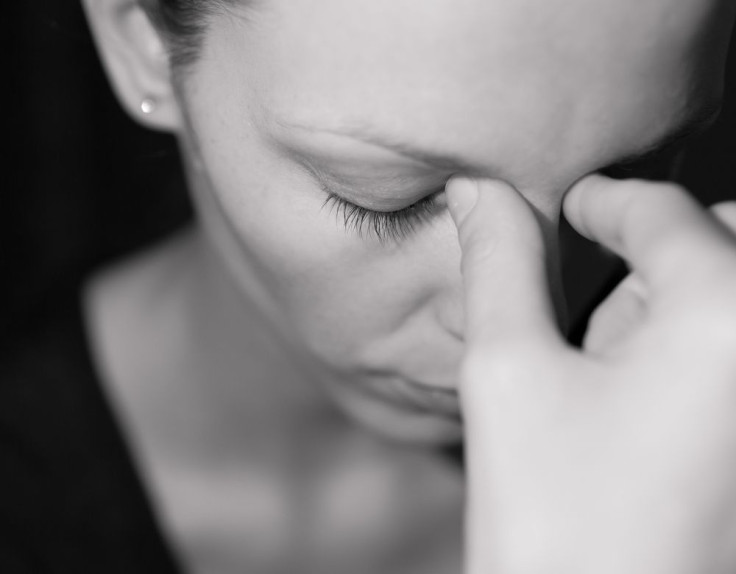Physical Signs Of Depression Common Among Survivors Of ICU; But Realistic Expectations, Social Support Can Help

While many people may imagine a hospital’s intensive care unit (ICU) as a place for elderly, dying patients who are unable to function, the reality is far different — and shocking if the realization comes unexpected. Yet, that’s the reality that many younger adults admitted to the ICU come to understand, and only one of the reasons for why they end up depressed up to a year after their stay, according to a new study.
ICUs are the specialized rooms of a hospital, designated for those who are suffering from the most life-threatening of illnesses. They’re full of equipment, and surely strike at the pride of an under-50 adult who wouldn’t expect to be found there. But some of the most common conditions that warrant a visit to the ICU include sepsis — blood infection — and respiratory failure, which afflicted all 821 of the patients, ages 18 to 90, who were involved in the study.
Researchers from Vanderbilt University and Saint Thomas Hospital followed these patients through their stay, and then interviewed them three months and a year after. During the interviews, they screened the patients for depression, post-traumatic stress disorder (PTSD), and functional disability. They found that 37 percent of patients had at least mild depression and seven percent showed signs of PTSD. The results were interesting, however, because rather than showing psychological symptoms of depression, the patients were showing physical signs, like weakness, changes in appetite, and fatigue.
“We need to pay more attention to preventing and treating the physical rather than psychological symptoms of depression in ICU survivors,” said lead author of the study James Jackson, assistant professor of medicine at Vanderbilt, in a press release. These symptoms are hard to treat because they don’t respond to antidepressant drugs, he said, “so we need to determine how best to enhance recovery with a new focus on physical and occupational rehabilitation.”
The researchers came to this conclusion after finding that far too many patients underestimated their ability to recover after being discharged from the hospital. Something Jackson said partially contributed to the one-third of depressed patients still being depressed one year after discharge. “They have some arbitrary timeline set and they reach a date and they’re still not better and, in some cases, not a lot better at all,” he said in the release. “Then what can happen is that depression can really worsen” because the expectation was “really unrealistic and they feel like they have missed that goal.”
Getting patients to have more realistic expectations is one way to avoid these symptoms, especially among the most driven patients, who want to get back to their normal, active lifestyle — which was probably the cause of their illness in the first place. A support system helps too. “One thing we learned was that if people don’t have significant social support, they are profoundly limited in their ability to access care or improve in key areas,” Jackson said.
But perhaps the most important things to pay attention to, are signs of oncoming depression. These include problems with digestion, headaches, sleeping problems, back aches, fatigue, and changes in weight. Noticing these issues for what they are can have a profound impact on the way they’re handled, and can help a person get back on track before they get sucked into that downward spiral.
Source: Jackson J, Ely W, Dittus R, et al. Depression, post-traumatic stress disorder, and functional disability in survivors of critical illness in the BRAIN-ICU study: a longitudinal cohort study. The Lancet Respiratory Medicine. 2014.



























